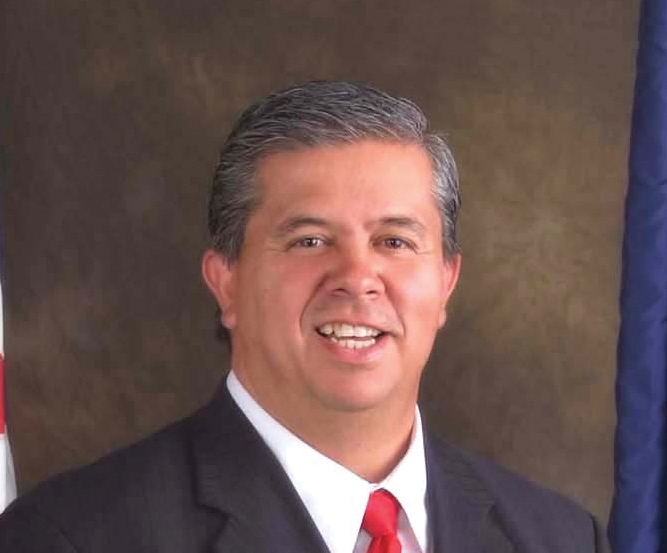A proposal to make physical education a graduation requirement gained support during a public hearing Tuesday at the State Department of Education’s Boise office.
During the brief 30-minute hearing, five people testified in favor of the P.E. requirement, while nobody voiced opposition. Additionally, department officials accepted handwritten letters from 29 Heritage Community Charter School students who support P.E.
Adrean Cavener, director of government affairs for the American Heart Association in Idaho, said the state’s P.E. and health teachers are firmly behind the proposal. She also said the cost of requiring P.E. would be minimal because so many districts already offer the courses.
“Many studies have shown (physical activity during the day) increases academic achievement… and absenteeism decreases among fit kids as opposed to their unfit counterparts,” Cavener said.

In August, members of the State Board of Education nearly struck down the proposed P.E. rule. But board members reversed course and granted initial approval after Superintendent of Public Instruction Tom Luna argued that members of the public should be able to weigh in at Tuesday’s hearing or submit written testimony before the board takes final action later this year.
The rule would require high school students to take two credit of P.E. in order to graduate, but districts could waive one credit if a student participates in a sport or sanctioned extracurricular activity.
Additionally, the rule would require elementary schools to provide 60 minutes of P.E. a week while junior high schools would need to provide 200 minutes.
Currently, P.E. is a requirement in elementary and junior high schools, but there is no minimum time requirement. High schools must now offer P.E. as an elective, but it is not yet a graduation requirement.
The rule would also require CPR training in health classes to become a graduation requirement.
A handful of current or former P.E. teachers testified that physical activity in school helps reduce childhood obesity and leads to students to becoming more engaged in their academic courses.
“From my experience as a teacher in P.E., to me its absolutely necessary,” said Peggy Killen, who taught P.E. for 32 years. “Without strong, healthy bodies, our minds don’t function the way they should.”
The charter school students did not attend Tuesday’s hearing and their letters were not read aloud, but each was submitted as official testimony to the State Board of Education.
Computer science
In other action, two people supported a proposed rule to allow computer science courses to count toward math and science graduation requirements.
Jason Kreizenbeck, the former chief of staff to Gov. Butch Otter, said only 13 states and Washington, D.C., count computer science courses for math and science graduation requirements. But Kreizenbeck, who now lobbies for Microsoft, said the demand for computer science jobs is rising fast and companies are having a hard time finding qualified people to fill the positions.
“Half of all jobs in Idaho in science, technology, engineering and math fields will be computer science by end of the decade,” he said. “It is imperative Idaho prepare students for careers of the future.”
Meanwhile, nobody spoke for or against a separate proposal to teach cursive handwriting at the elementary school level.
Anyone who did not testify Tuesday will be able to submit written testimony on any of the proposed rules until Nov. 1.
If the State Board approves any of the proposed rules, the rule still must be approved by at least one body of the Legislature in 2014 for the proposal to have the full force and effect of state law.
